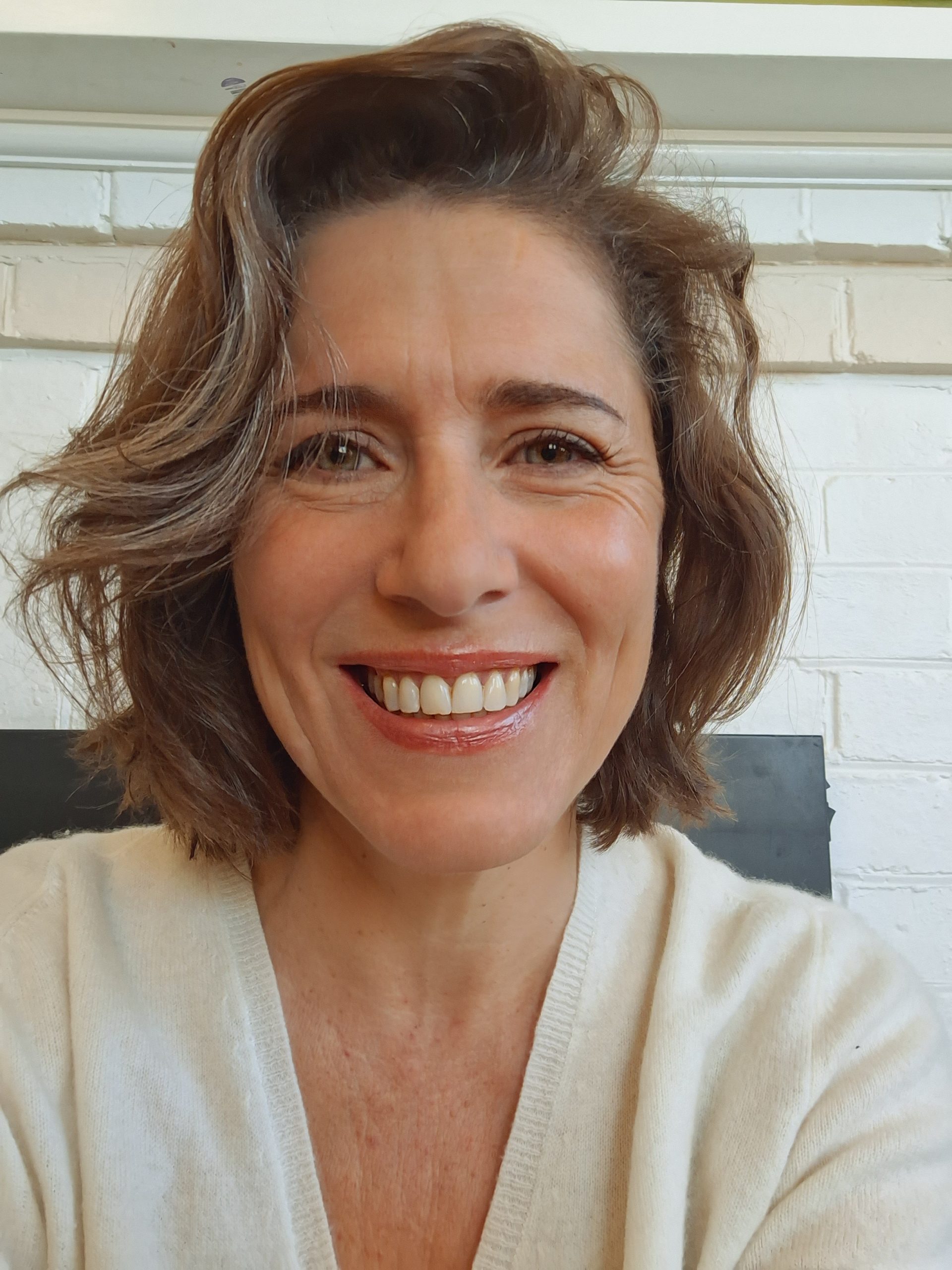Shannan Harwood
Lived Experience Ambassador

Q: What are your goals for Equally Well? What inspires you about Equally Well?
A: For me Equally Well feels like a “bridge” between Physical and Mental Health. As a person, I cannot put my mental health in one place and my physical health in another. I carry both these things within my one person. My goal for Equally Well is that it continues to break down silo-ed thinking that physical and mental health are separate issues. The goal is health.
What inspires me is the ability of the Equally Well network to bring together such vastly different groups, organisations, individuals, and ways of thinking, under an umbrella that fundamentally delivers a unified message. A message that says, for people experiencing mental distress, “we care about you, we care about your health”.
Q: How do you see Equally Well benefiting carers/consumers/practitioners?
A: I see Equally Well benefiting both people and practitioners by enabling the forging of connections, and collaborations with a continued focus on holistic care – perhaps in new ways. I see that holding up any new mental health initiative to the Consensus Statement may be a pathway to embedding outcome goals in line with both physical and mental health.
Q: What hurdles do you currently see Equally Well facing and will have to face in the future? Is there a particular area you believe needs more focus that Equally Well can develop on?
A: Breaking down silo-ed thinking. Acceptance of the multitude of pathways that exist and that each have worth in their adoption.
Q: What have you personally learnt and has this knowledge impacted your life and/or the lives of those around you?
A: I knew about the life expectancy gap, and had personally experienced harmful diagnostic overshadowing, long before I knew of Equally Well. Equally Well gives me a language and a frame of reference that is accepted by service providers. Equally Well gives me a suite of resources and statistics that are accepted as having validity. Use of these things – Consensus Statement, Unequally Unwell Report, the Consumer Resource Tool etc, provide me with resources in an easily accessible form that I can use to impact those around me.
Q: As an Equally Well Ambassador, you are an advocate for improving the physical health of people living with a mental illness, since the symposium, have there been any new developments or research in your field?
A: “My field” is a very new field. Metabolic Psychiatry is the new kid on the block. The intervention used here – a ketogenic diet – has an effect on both physical and mental health. The field advocates for the use of ketogenic therapy in the treatment of the most serious of mental illness (for example bipolar and schizophrenia) as well as mental illness/distress more generally – anxiety/depression, and also for cognitive benefits such as resolution of “brain fog”/mental clarity. Case studies have showed the resolution of bipolar disorder and metabolic syndrome with the one intervention. The resolution of OCD and ulcerative colitis with the one intervention. To date the focus has been with the treatment of bipolar and schizophrenia. Personally, I have achieved complete sustained remission from bipolar disorder following on from 35 years of illness. This is extraordinary.
However, that the UK GP Dr David Unwin can achieve 77% remission of type two diabetes (see https://nutrition.bmj.com/content/early/2023/01/02/bmjnph-2022-000544) presenting in the first 12 months after diagnosis, with TCR (therapeutic carbohydrate reduction) is no less extraordinary when compared to thinking prevalent even 10 years ago in this field of diabetes management. In Australia we have the Defeat Diabetes program (headed up by Prof Peter Brukner) and endorsed by Diabetes Australia.
I work in a field where healing/treatment of metabolic disease comes hand in hand with healing/treatment of serious mental illness. In “my field” bipolar is often referred to as a neurological metabolic disorder.
I am most definitely an advocate for improving the physical health of those who live with a mental illness. I do not always see these as two separate endeavours but am ever mindful of the intertwining nature of health at all levels.
Q: What do you see is your role for Equally Well as one of our ambassadors?
A: In a health system that is divided into specialties I would like my work as an Equally Well Ambassador to serve as a reminder that whilst each of us may work in separate fields, or particular niche areas, yet still we can all reference whole of person health in our work. This will look different for each practitioner/service – it may be timely referrals, enquiries about general health, or even a walking consultation… However, physical health is referenced/engaged with, when done well it can only serve as a marker of care for the whole person.

